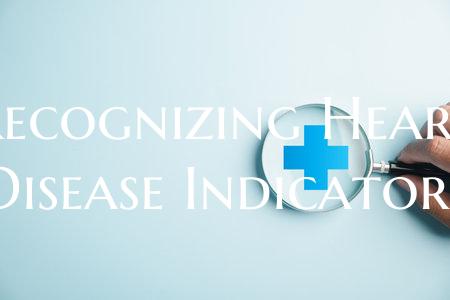
Recognizing Heart Disease Indicators
Heart disease is a significant health concern that affects millions of people worldwide. Recognizing the early indicators of heart disease is crucial for timely diagnosis and treatment. By understanding and being aware of these indicators, individuals can take proactive steps to maintain their heart health and reduce the risk of serious complications.
One common indicator of heart disease is chest pain or discomfort. This may manifest as a squeezing sensation, pressure, or tightness in the chest that can spread to the arms, back, neck, or jaw. Chest pain associated with heart disease is often triggered by physical activity or emotional stress and may be accompanied by other symptoms such as shortness of breath, dizziness, or nausea.
Shortness of breath, especially during physical exertion or when lying down, can also be a warning sign of heart disease. This symptom may indicate that the heart is not able to pump blood effectively, leading to a build-up of fluid in the lungs.
Palpitations or irregular heartbeats are another indicator of potential heart issues. These may feel like fluttering, pounding, or racing of the heart and can be accompanied by dizziness, lightheadedness, or fainting. It's important to take note of any changes in your heart rhythm and seek medical attention if you experience persistent palpitations.
Other warning signs of heart disease include fatigue, weakness, swelling in the legs or abdomen, and unexplained weight gain. These symptoms can be indicative of underlying heart problems that require evaluation by a healthcare professional.
In addition to recognizing these indicators, it's essential to monitor your overall risk factors for heart disease, such as high blood pressure, high cholesterol, diabetes, smoking, obesity, and a sedentary lifestyle. Making lifestyle changes, such as adopting a heart-healthy diet, engaging in regular physical activity, quitting smoking, and managing stress, can help reduce your risk of developing heart disease.
If you suspect you may be experiencing signs of heart disease or have concerns about your heart health, it's important to consult with a healthcare provider for a thorough evaluation and appropriate management. Early detection and intervention play a crucial role in preventing heart disease and its complications, ultimately leading to better outcomes and improved quality of life. Stay vigilant, listen to your body, and prioritize your heart health for a healthier future.